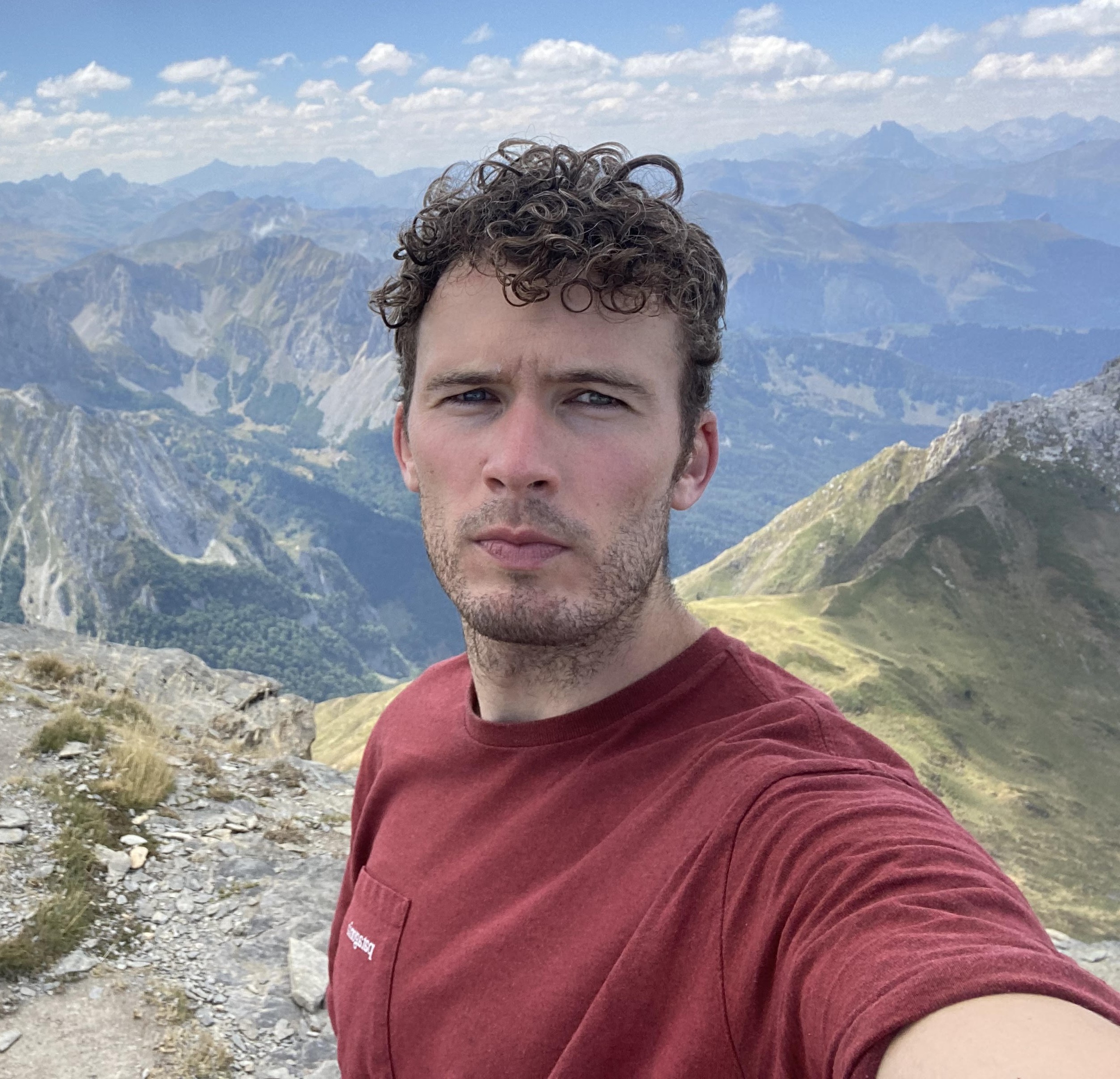About
I am a postdoctoral researcher studying the dynamics of complex systems, with a specific focus on the interactions between individual decision-making processes and large-scale societal patterns. My research applies methodologies such as agent-based modeling, network science, and tools from information theory to study how micro-level behaviours aggregate to form macro-level structures, such as patterns of segregation, economic inequality, and overall societal well-being. My work is particularly focused on exploring feedback mechanisms—how structural phenomena like social stratification or resource distribution influence individual behavior or well-being and, in turn, how these behaviors reinforce or alter those structures over time.
Methodologically, my work aims to refine tools for analyzing complex interactions and emergent patterns, contributing to the development of models that more accurately capture the nuances of social behavior. At the same time, I place a strong emphasis on empirical calibration and validation, ensuring that models align with observed data and can make reliable predictions about real-world outcomes. This empirical focus not only helps to verify the robustness of the models but also supports their use in policy analysis, where understanding the impact of individual-level decisions on macro-level structures can guide more effective interventions.
Through this dual focus, my work seeks to provide both theoretical advancements and practical insights, supporting policies that address social issues with an evidence-based understanding of how micro- and macro-level dynamics interact. By calibrating models to real-world data and validating their predictions, I aim to contribute tools and insights that policymakers can rely on to design more equitable and resilient social systems.
Besides science, I climb, run, and like to do roadtrips.
